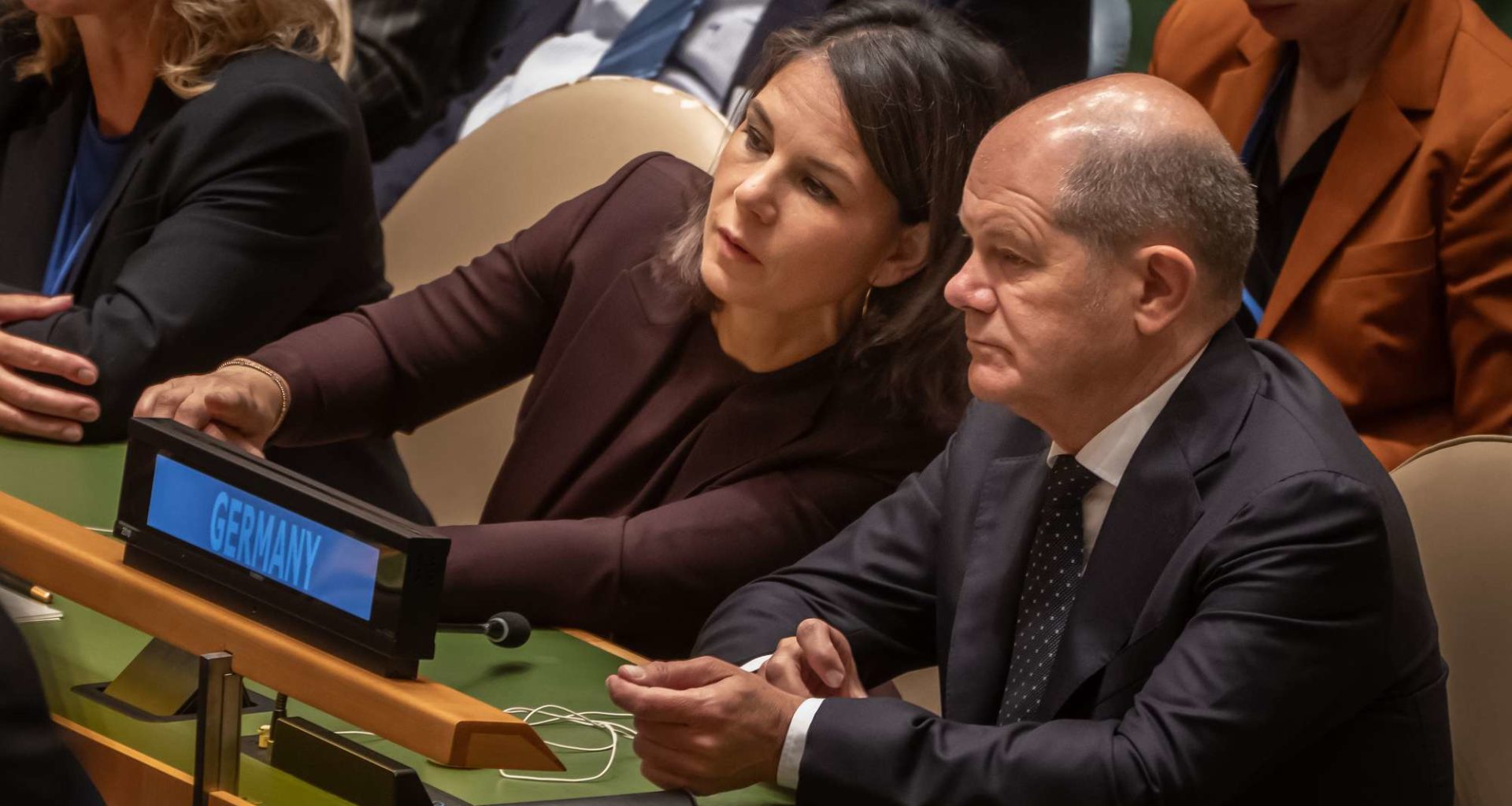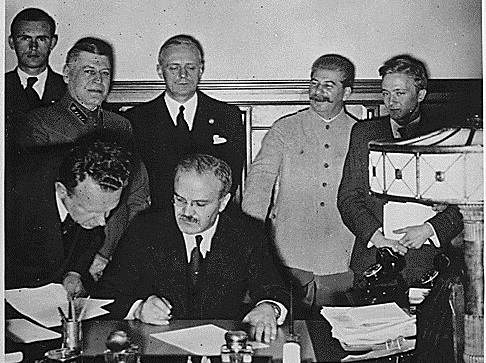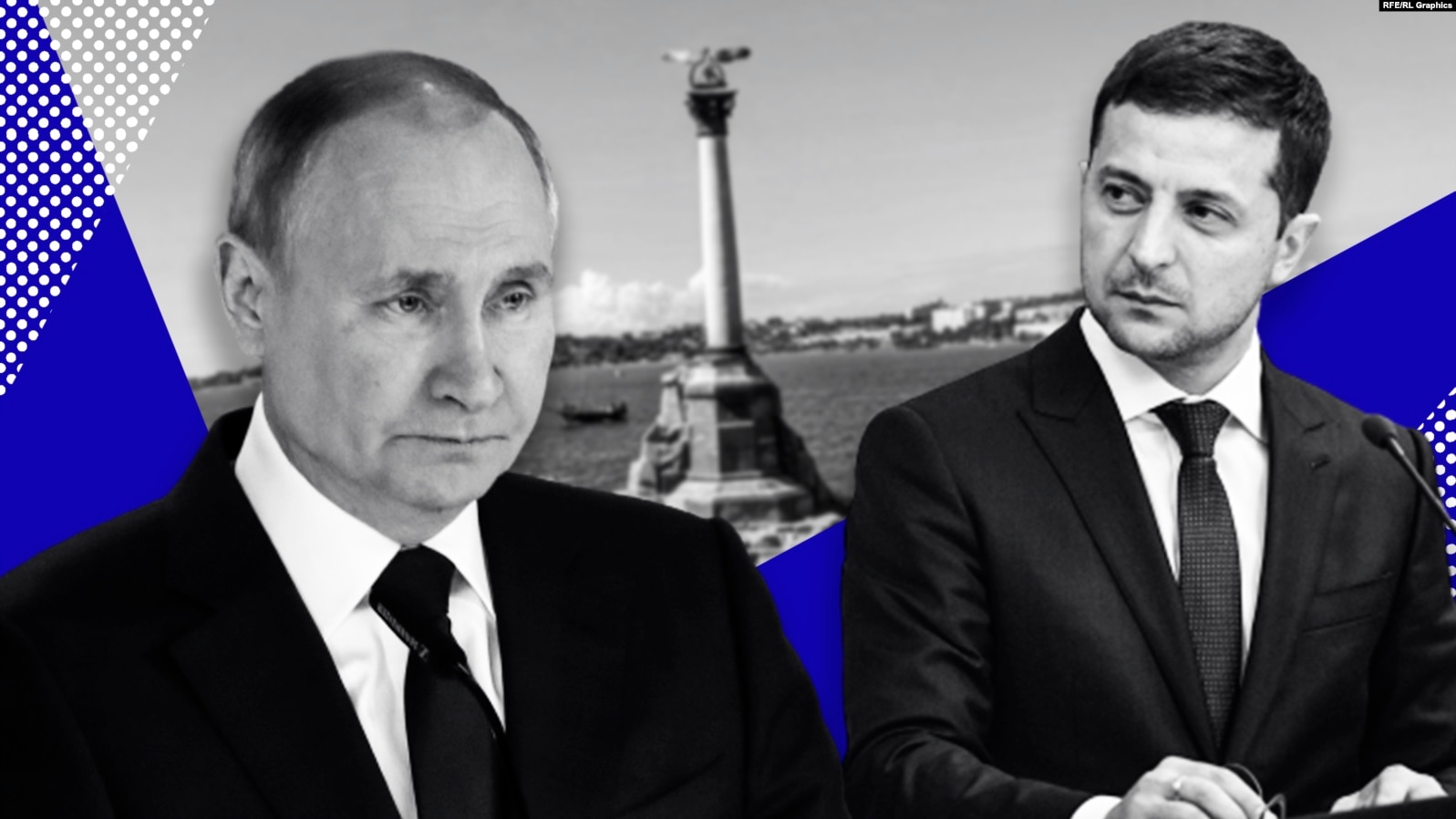European security can only be had with Russia – that was the German Social Democratic Party’s (“SPD”) mantra after the end of the Cold War. The SPD's election manifesto from May 2021 – ten months before the Russian invasion of Ukraine – still confirmed: "Peace in Europe cannot be achieved against Russia, but only with Russia."
On 27 February 2022, three days after the Russian invasion, German Chancellor Olaf Scholz (SPD) gave a speech in a special session of the German Bundestag, the first sentence of which read:
“24 February 2022 marks a turning point (“Zeitenwende”) in the history of our continent.”
The world afterwards is no longer the same as the world before, Scholz continued. “Putin's war marks a turning point also for our foreign policy.”
Part of the party's leadership went along with the “turning point” at least mentally. Others did not.
The SPD’s co-chair Lars Klingbeil admitted in a speech at a party event on 18 October 2022, that his party had made misjudgments in its policy towards Russia:
"In the search for common ground, we have often overlooked what divides us. That was a mistake. […] For the future, this means that the principle that there can only be security with Russia has become obsolete. […] Today it is about organizing security against Russia."
But even after two years of war, not all of the party’s leadership had accepted the new reality.
After two years of Russia's war, not all of the SPD's leadership accepted the new reality of organizing security against Russia.
This is why, on 26 March 2024, Prof. (em.) Heinrich August Winkler, one of Germany's most renowned historians and a member of the SPD for over 60 years, wrote – together with four other distinguished social democratic historians – an open letter to the SPD Executive Committee, in which they criticize the SPD's position on the Russian war of aggression against Ukraine:
“We consider this denial of reality to be highly dangerous and appeal to you (the SPD’s Executive Committee) to finally name a clear strategy for a victory in Ukraine.”
In their letter they deplore that there has been no honest reappraisal of the SPD’s Russia policy.
The tradition of Egon Bahr's “Eastern policy” (“Ostpolitik”) – "change through rapprochement" (“Wandel durch Annäherung”) – is still "uncritically and romantically held up as a trademark of Germany’s Social Democratic Party," the SPD-historians criticize.
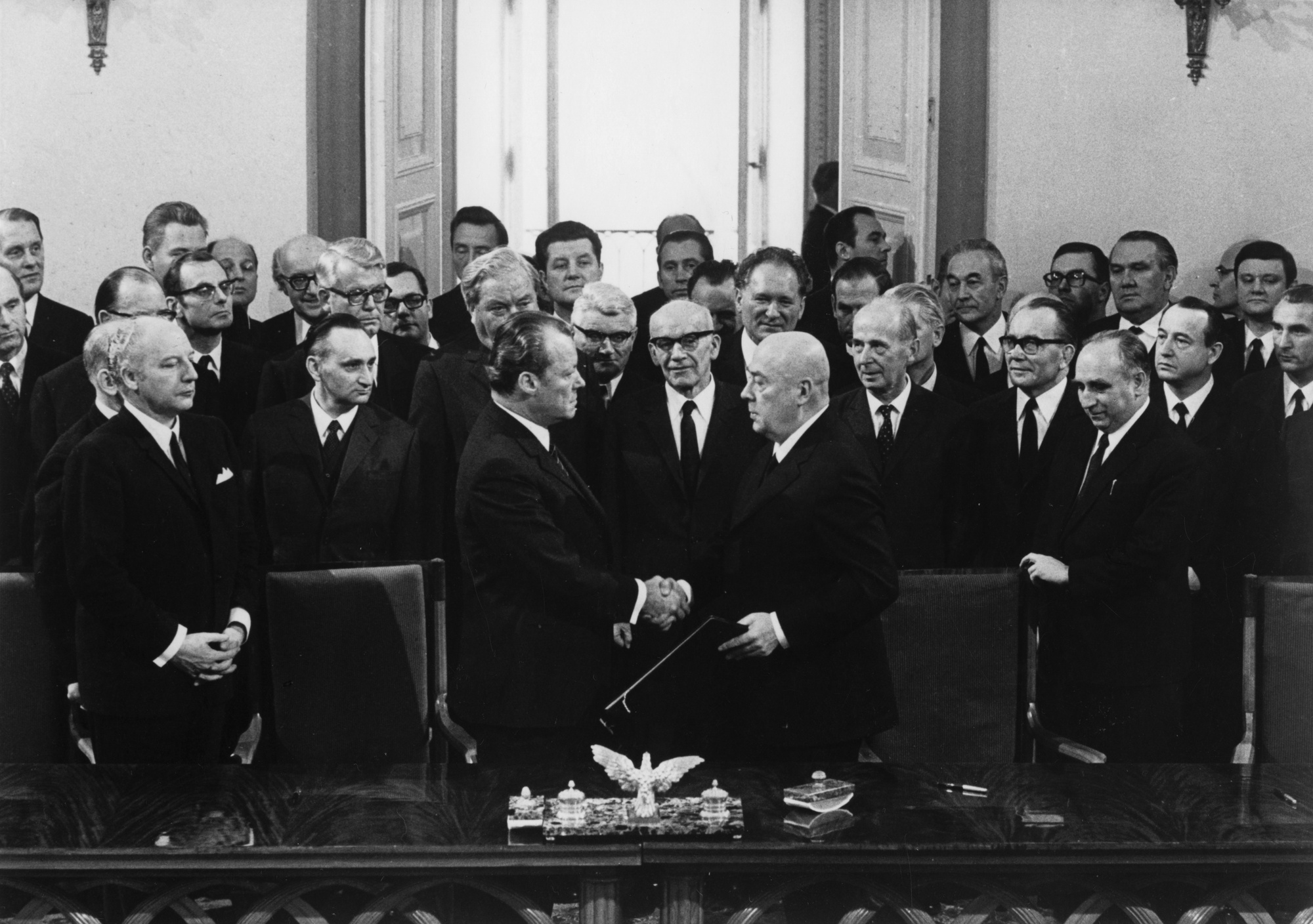
The "new Ostpolitik" implemented after the end of the Cold War, marketed under the name "change through trade" (“Wandel durch Handel”), lost its justification after the Russian-Georgian five-day war in 2008, at the latest from 2014 onwards – after the annexation of the Crimean peninsula and the start of the covert military aggression against Ukraine in the Donbas.
The “Willy-Brandt-Haus” (the party’s headquarters in Berlin) feels unfairly criticized.
It is argued that a party conference resolution has revised the SPD's Russia policy. The key motion on the SPD's foreign and security policy adopted by the SPD's federal party conference in December 2023 describes the adherence to the "change through trade" approach as a "mistake.
"As long as nothing fundamentally changes in Russia, Europe's security will have to be organized against Russia," the document states.
Yet, there still exists a certain nostalgic desire in the party to revive Egon Bahr's Ostpolitik – not only in the senior membership (“SPD 60 +”); members of the party leadership, too, harbor naïve illusions.
The SPD historians consider the idea of "freezing the war," launched by SPD parliamentary group leader Rolf Mützenich in the Bundestag, to be particularly "fatal"; freezing the war would "effectively mean ending (the war) in favor of the aggressor."
There is still a nostalgic desire in the SPD to revive Ostpolitik; members of the party leadership harbor naïve illusions.
The former state and federal minister Klaus von Dohnany, a respectable elder statesman (SPD member since 1957), criticized the new course of his party and the SPD-led federal government in the war in Ukraine for a completely different reason.
“…the current priorities of the German government and the West are wrong,” Dohnany thinks. “The priority should be to protect us from the consequences of climate change [. . .] Instead, we are buying tanks for Ukraine because we did not help to prevent a war that was preventable.”
According to Dohnany, Russian President Vladimir Putin had never intended to attack Europe. Putin “just didn't want to see Ukraine in NATO.” Putin wanted to negotiate with the West, or more precisely with US President Biden, about this issue.
“The West was not prepared to negotiate with Putin, and therefore the West is partly to blame for the war in Ukraine,” is Dohnany’s incomprehensible assertion.
Dohnany disapproves of calling Putin a “war criminal” – whereas it is an indisputable fact, that Putin has committed the most serious crime under international law: the crime of aggression, the “prime crime”, which is the source of all the crimes under international law committed by Russian soldiers in Ukraine.
The Federal President of the Federal Republic of Germany, Frank-Walter Steinmeier (SPD), is also caught up by the SPD’s Ostopolitik.
Germany’s Steinmeier announces new era of Russia relations in historic speech
As Foreign Minister in Angela Merkel’s (CDU, Christian Democratic Party) coalition government, Steinmeier played an undignified role as the appeasement politician par excellence who, in embarrassing chumminess with his Russian colleague, the notorious liar Sergei Lavrov, had a great deal of understanding for Russia's, i.e. Putin's “Ukraine policy.”
At a readers' conference of the “Frankfurter Allgemeine Zeitung” (“FAZ”) on 26 April 2024, Steinmeier – after defending Chancellor Scholz’s decision not to deliver the air-launched cruise missile “Taurus” to Ukraine – intervened in the public debate about Germany’s military assistance to Ukraine mocking the involved experts and politicians as “caliber experts.”
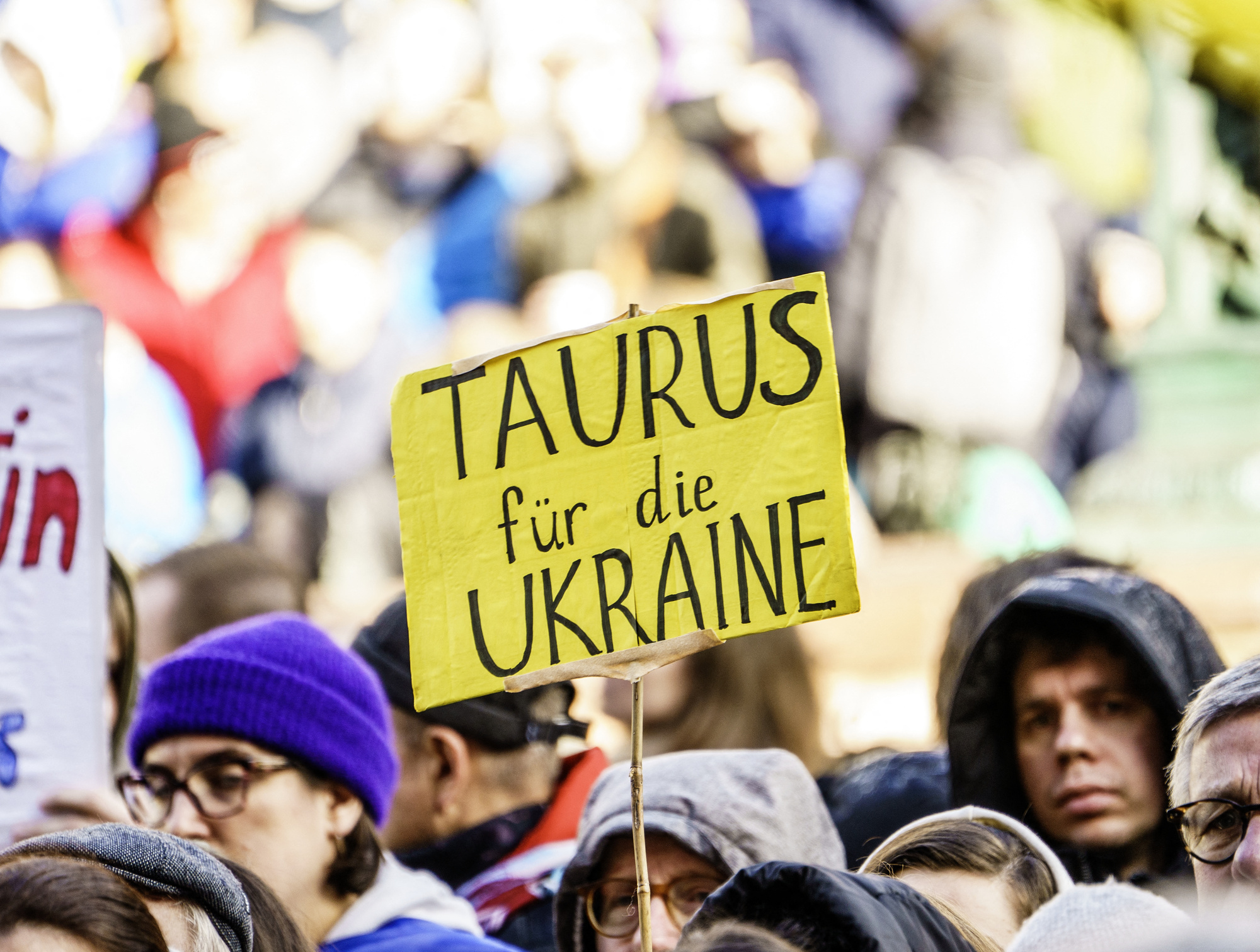
Admittedly, SPD chancellor Scholz has proclaimed a "turning point" and declared that Ukraine “must not lose the war.” According to the aforementioned SPD historians, however, a "real turning point" would require one thing above all:
"An understanding of the fact that Russia has been waging a hybrid war against Europe for many years and has been pursuing the plan to destroy Ukraine since the beginning of the full-scale military invasion."
A real turning point in the SPD's Ostpolitik would be acknowledging Russia's long-standing hybrid war against Europe and plan to destroy Ukraine
The "security interests" asserted by Putin, which are allegedly threatened by NATO's eastward expansion, are by no means "legitimate"—as some SPD politicians sympathetically argue—but they are a pretext for Putin’s policy of Russia’s westward expansion.
It is Putin's personal motives that have led him to the military incursion into Ukraine. It is an attempt by the paranoid autocrat in the Moscow Kremlin to assert anachronistic neo-imperial claims to power in Europe. The restoration of a Great Russian Empire in Europe by a megalomaniac successor to Russian tsars, as whose successor Putin sees himself, must be prevented by all means. Neo-imperial Russia must be "contained"!
Ukraine is defending itself against its subjugation under Russian rule, against its destruction as a state, against the eradication of its national identity.
Military support for Ukraine in its struggle for survival is in Europe's own security interest.
And because Europe does not want to send its own soldiers to the front in Ukraine for its own defense but would rather have Ukrainian soldiers die for it, the fastest possible delivery of the most modern weapons available to the Ukrainian defenders of Europe is the least Europe must do. The sooner this happens, the sooner the war will be over – and the smaller the number of soldiers (including Russian soldiers) who will have lost their lives by then.
We will deliver what "we can deliver in view of our own defense and alliance capabilities," said Defense Minister Boris Pistorius (SPD). The realization has not yet taken hold that, in view of the common threat posed by Russia, it no longer makes sense to separate Ukraine's needs from the "own needs" of the European NATO members.
European arms deliveries to Ukraine are still wrongly seen as "arms aid" – instead of being understood as part of Europe's self-defense.
In fact, Western arms aid to Ukraine has been deliberately limited – in terms of quantity and range – to the extent that Ukraine is "not losing the war." The realization that a Russian victory in Ukraine would be a direct military threat to the West, i.e., that Ukraine must not only not lose this war but must win it, has not yet been fully internalized by leading European politicians, particularly by “leaders” of the SPD.
European arms deliveries to Ukraine are still wrongly seen as "arms aid" – instead of being understood as part of Europe's self-defense.
A Ukrainian "victory over Russia" does not mean an invasion of Russia by the Ukrainian army; the Russian invasion and occupation forces on Ukrainian territory must be weakened – with the full military assistance of the West – to such an extent that it cannot continue this war.
As long as neo-imperialist dreams are dreamt in the Moscow Kremlin, which are nightmares for Russia's neighbors, Russia poses a threat of war. In order to guarantee Europe's security, the Russian army must suffer a military defeat on Ukrainian soil.
Editor's note. The opinions expressed in our Opinion section belong to their authors. Euromaidan Press' editorial team may or may not share them.
Submit an opinion to Euromaidan Press
Related:

